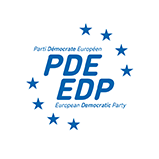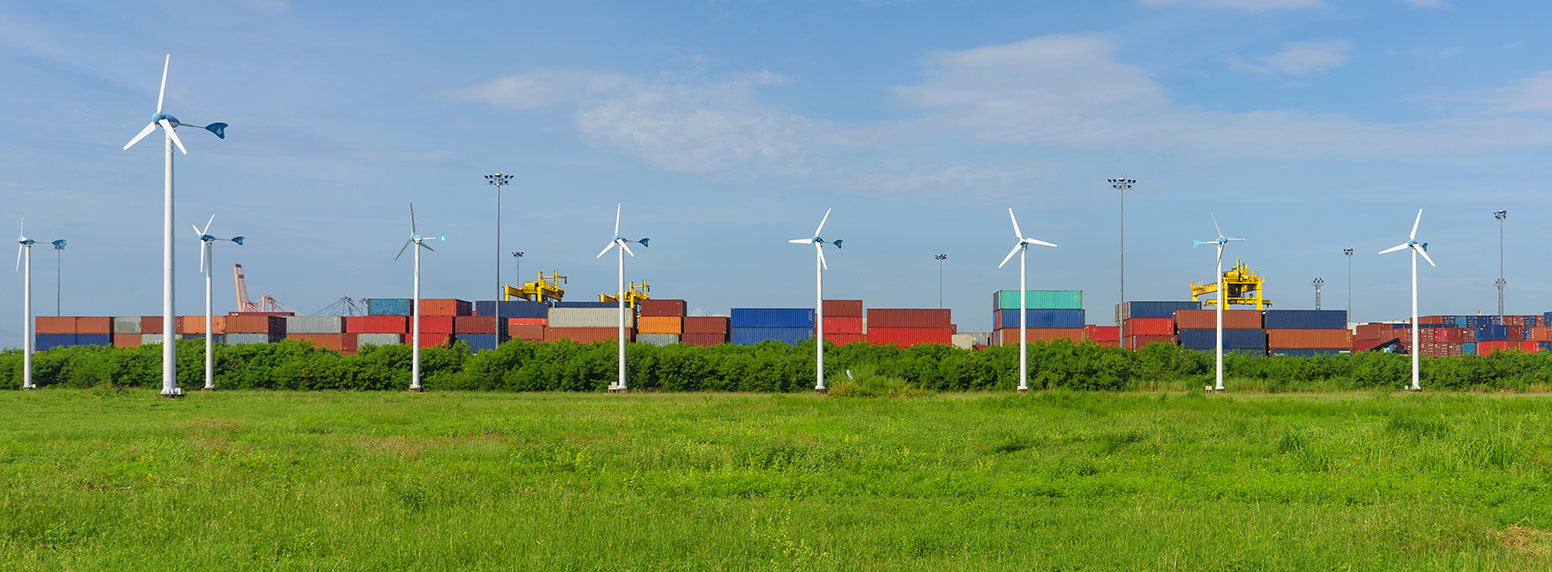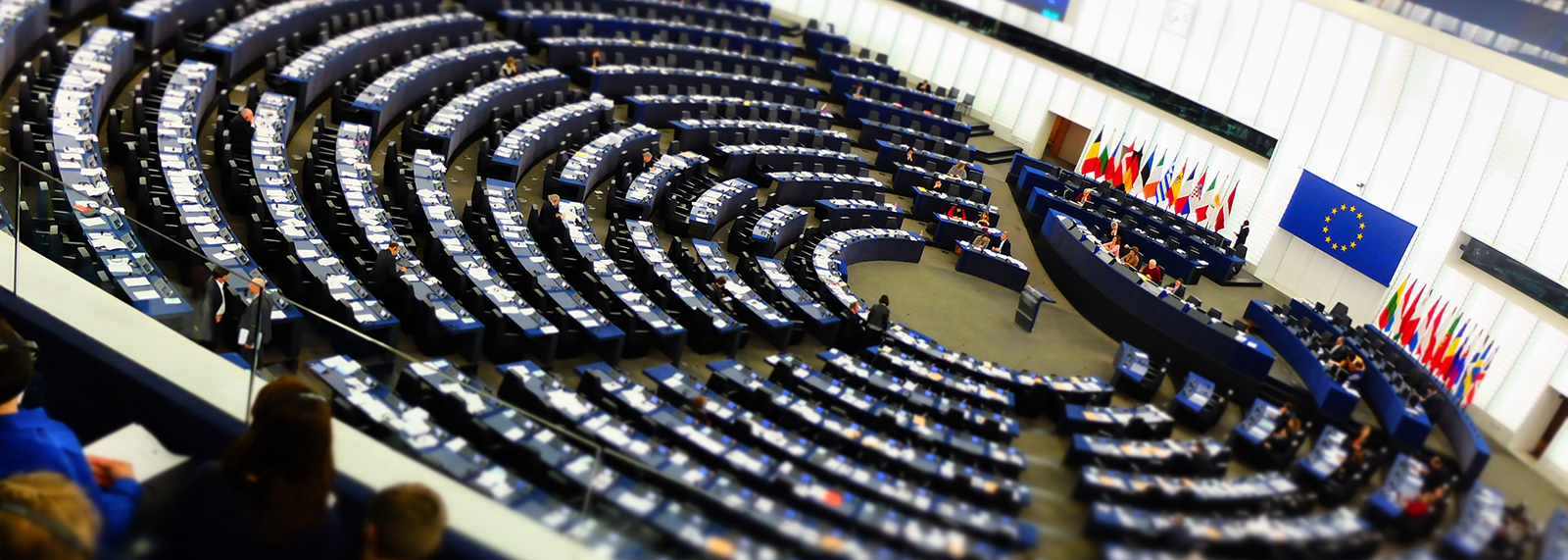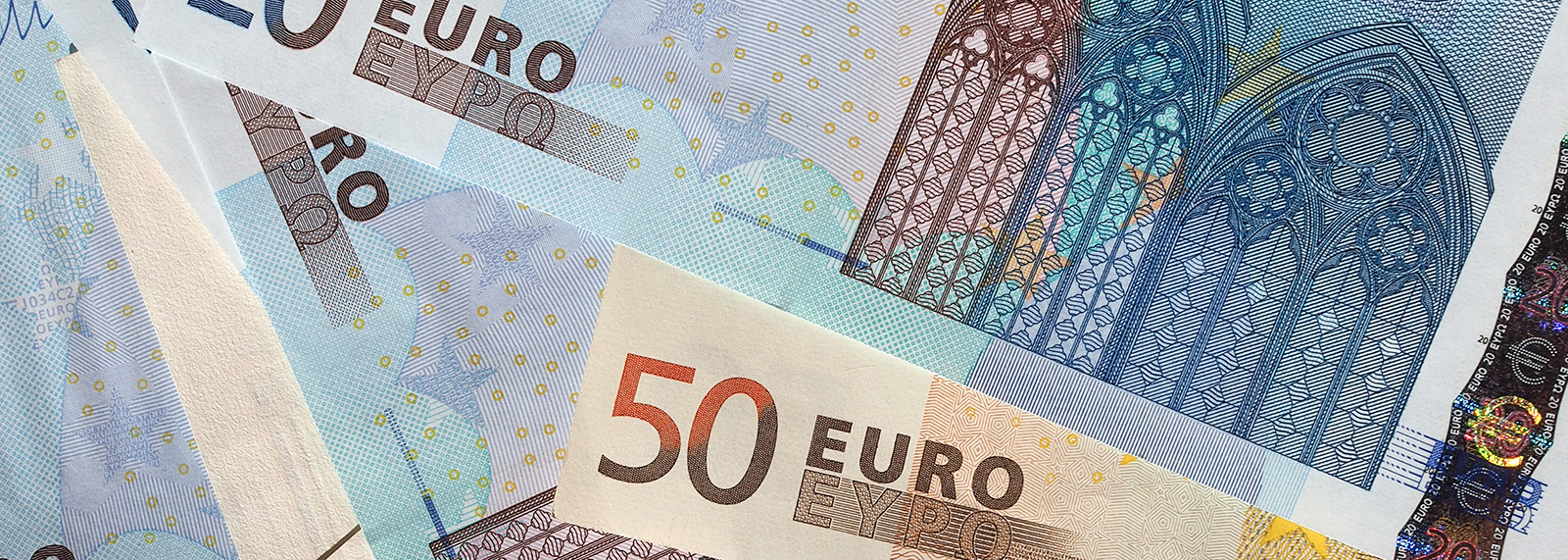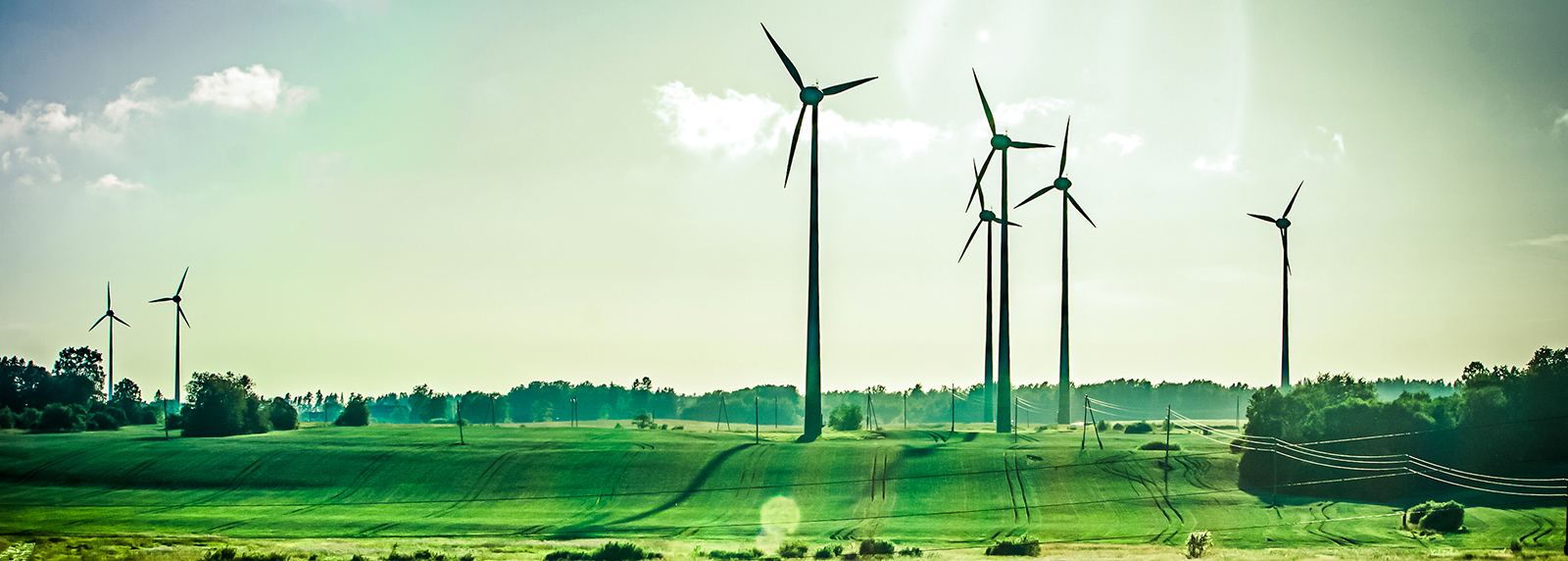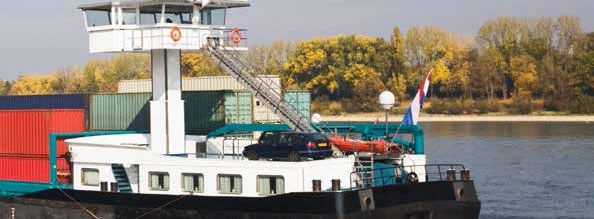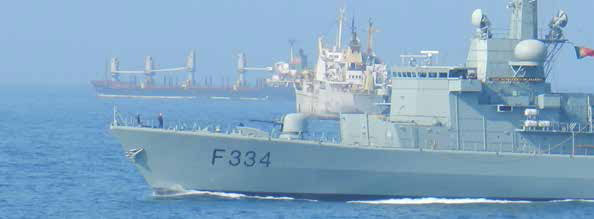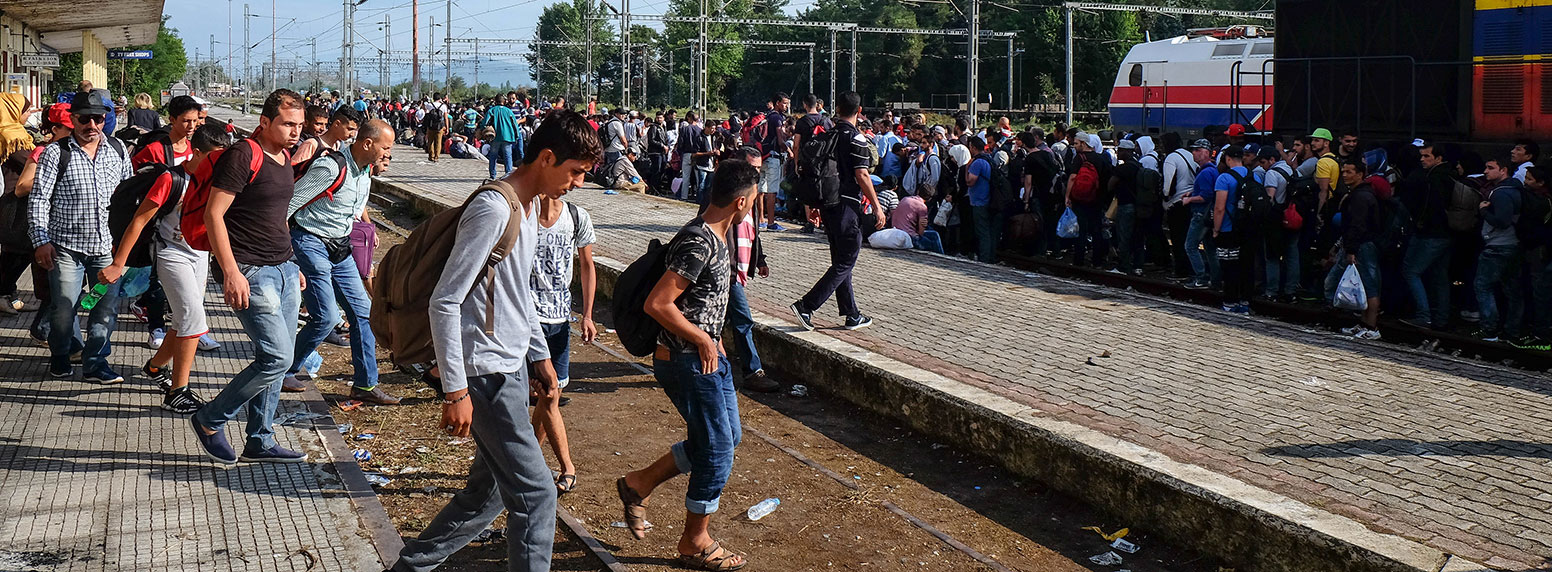Reinventing our European trade policy for greater efficiency and acceptability
One of the main priorities of the new Parliament will be to ensure that European commercial interests are best served in a more transparent and democratic framework. The European Union must be more responsive to customs barriers and demanding in terms of compliance with standards. In addition, the current model of negotiation of free trade agreements by the European Commission in complete secrecy is no longer tenable.
On the one hand, citizens feel dispossessed of the subject: the leaders validate negotiating mandates with general indifference, authorise the ratification of the Treaty on elements falling within the competence of the European level, and then stimulate a citizen debate for the ratification in Parliament of the elements falling within its competence. Depending on their national practices, some States involve their parliaments and public opinion to a greater or lesser extent during the process. Citizen re-appropriation is therefore essential at a time when free trade is becoming a real social issue.
The proposals of the European Democratic Party are therefore as follows:
a) We must reinvent a citizen re-appropriation of free trade by affirming to public opinion the key role of the European Parliament as a tool for democratic scrutiny of agreements (by ratifying them) and by involving national parliaments as tools for democratic scrutiny of their executives (who validate the negotiating mandates and agreements negotiated by the Commission). These debates must take place before giving a mandate to the Commission, so that they will be more transparent and constructive. The European Parliament must also develop new procedures to stimulate an informed citizen debate that respects the diversity of opinions, for example through a citizen digital platform.
b) Promoting, new generation agreements at European level:
- that are genuine tools for environmental transition by making the Paris Agreements a sine qua non condition without which the agreement becomes null and void. This will constitute a direct risk for all those who betray their climate commitments and reflect the European Community's commitment: free trade, yes, but not just any kind of trade.
- that are even more environmentally restrictive towards developed countries. The free trade agreements in question must have a very low marginal environmental impact. For example, by using environmentally friendly modes of transport and production (environmentally friendly modes of transport by ship - natural gas for example -, new low-impact modes of production, etc.).
- that guarantee Member States the right to entrust with the tasks they determine.
- that reinforce the precautionary principle with regard to food safety.
- that allow Member States to speak with one voice to the main players on the international scene (note that China has one strategy towards Europe, Europe has 28 strategies towards China.)
